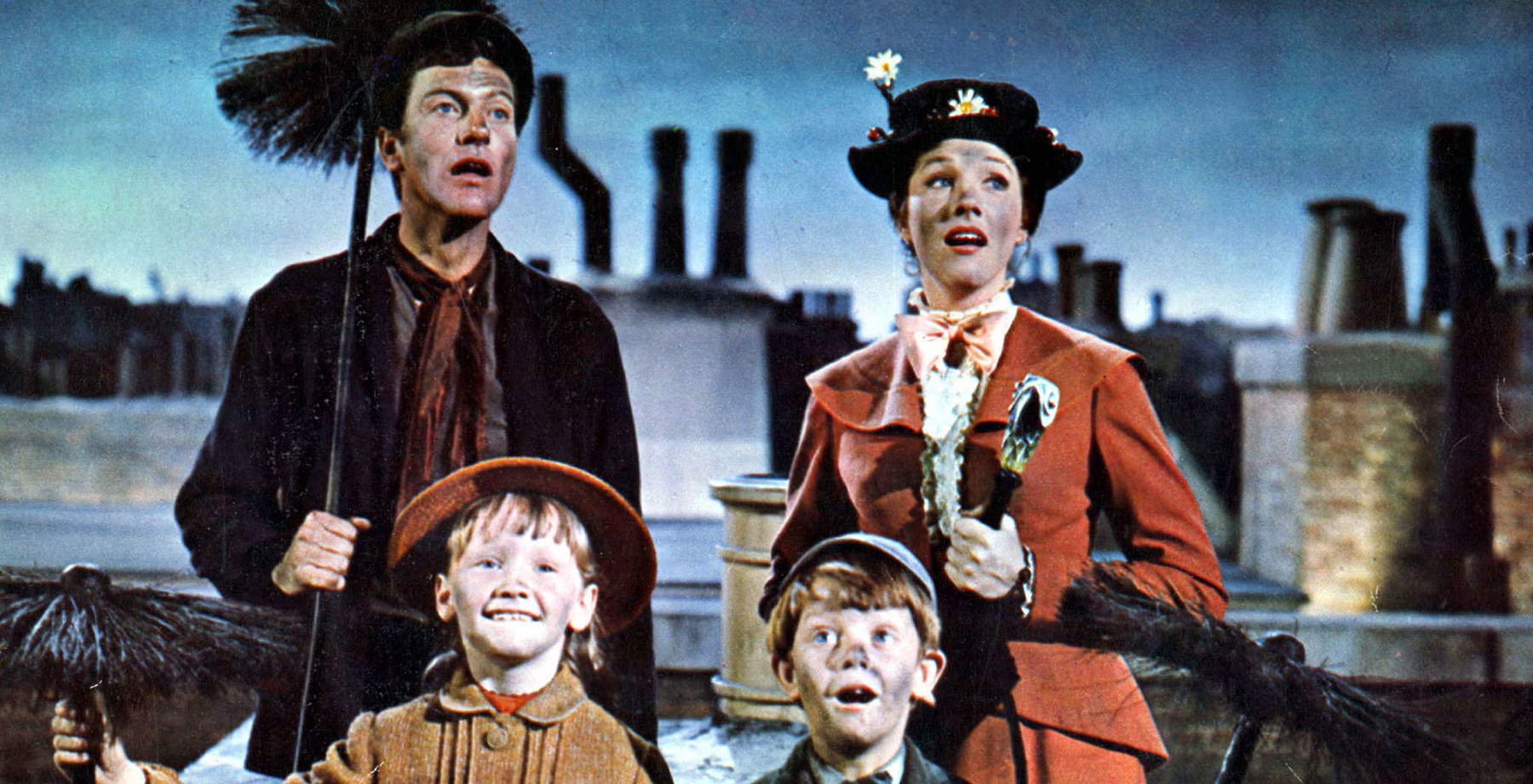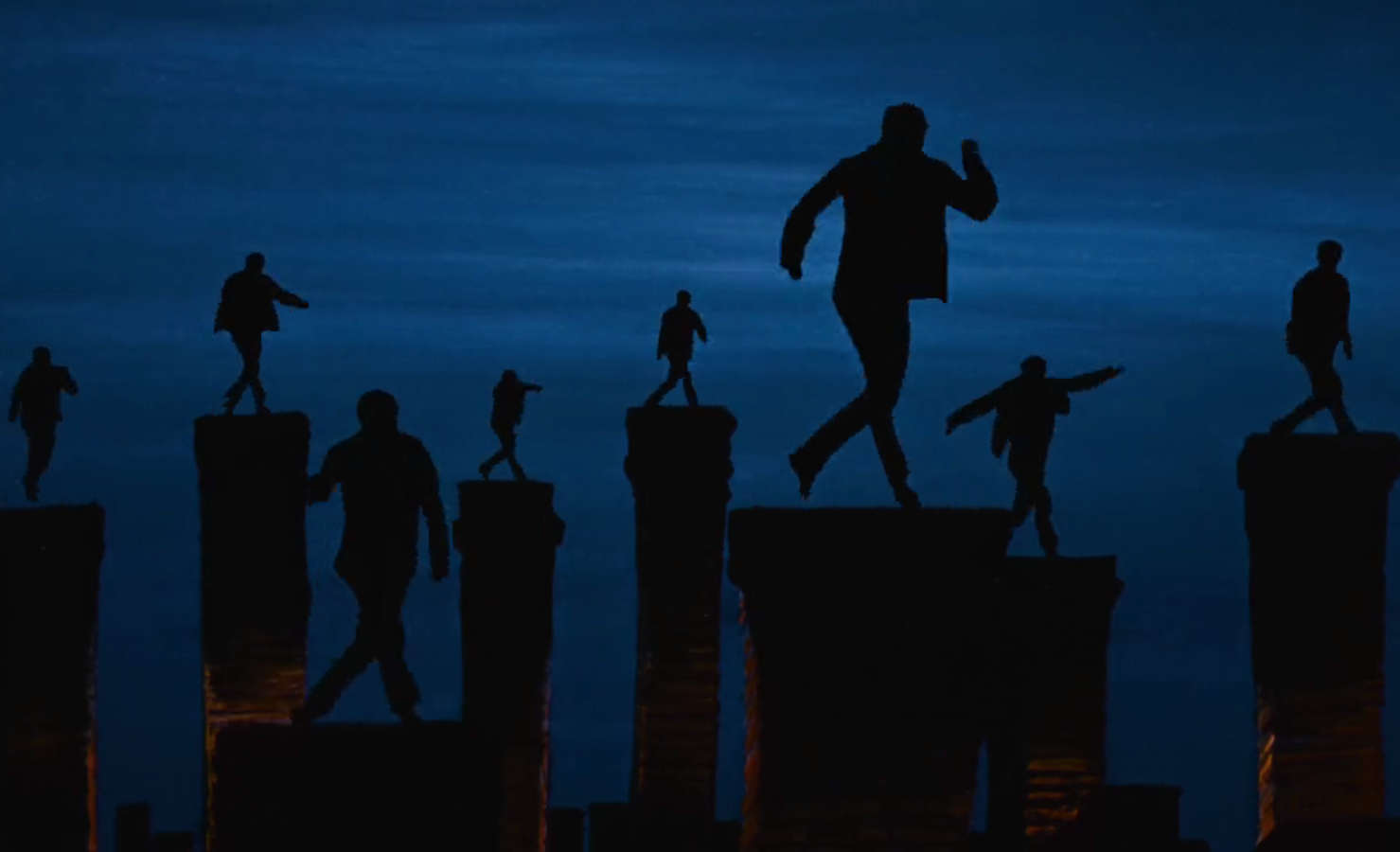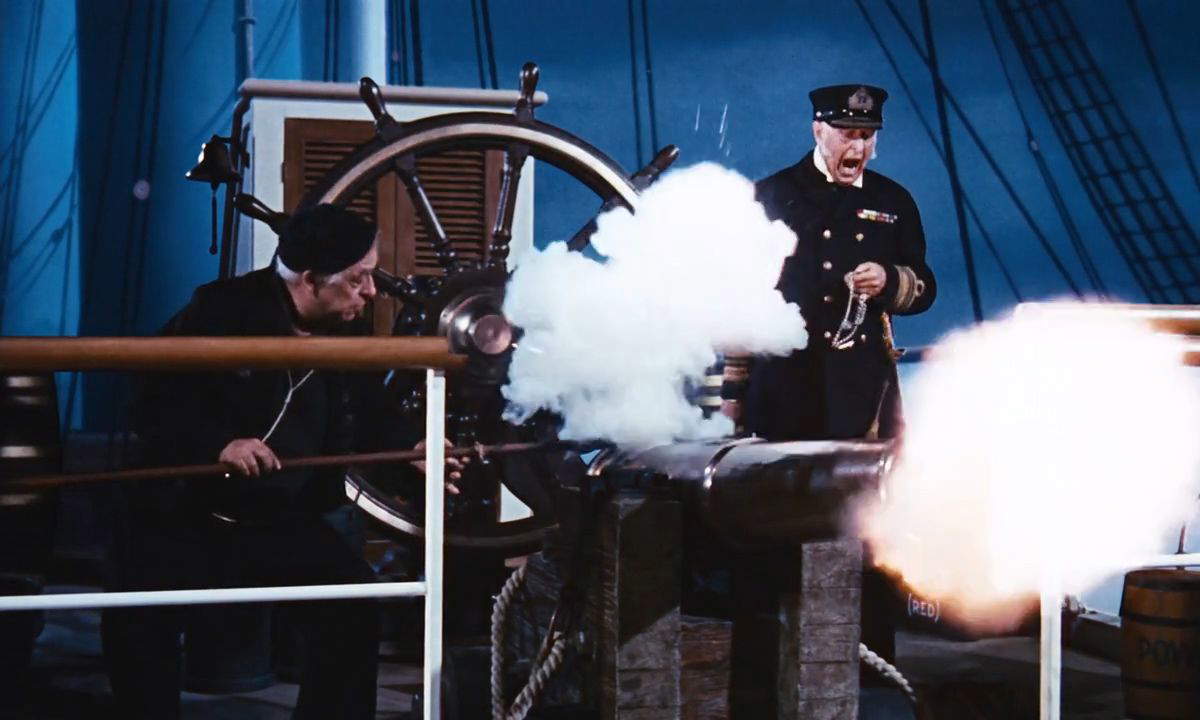From a children’s movie to a companionable movie: this is the singular fate that befell Mary Poppins, the classic 1964 Disney children’s film based on the 1934 novel of the same name by P.L. Travers. In fact, the British Board of Film Classification, the organization responsible for classifying films in the United Kingdom, has raised the level of the classification, bringing Mary Poppins up from the U designation (the “green sticker” that stands for “Universal,” meaning film suitable for everyone, including children) to the initials PG (yellow “Parental Guidance” sticker, meaning film for everyone, but to be seen accompanied by parents because some scenes may not be suitable for children under 8).
But why has a film hitherto considered harmless now seen the attention threshold to be devoted to it elevated? It’s all because ofAdmiral Boom, one of the feature film’s many quirky characters (he is the retired admiral who, every day, marks the hours of the quiet Cherry Orchard Avenue with cannon shots from his ship-shaped house, along with his assistant Binnacle): in the scene where chimney sweeps, the protagonist Bert’s friends, dance on the rooftops of London, the former British naval officer believes he is dealing with “hottentots” and unleashes a salvo of fireworks against them to drive them away. The term “hottentots” designated a population of southern Africa, the Khoikhoi, who were referred to by the Dutch, the first to colonize the Cape of Good Hope region, as “hottentots,” probably an onomatopoeia that reproduced the sounds typical of the language of this population. Today, the word “hottentot” is considered derogatory, racist, not least because it has long been used in common usage to refer to rough and rowdy people, so the British Board of Film Commission felt, for this reason, it should apply the yellow sticker to the film.



“The film,” a spokesperson explained to the BBC, “was resubmitted to us in February 2024 for another theatrical re-release, and we reclassified it PG for discriminatory language. Although Mary Poppins has a historical context, the use of discriminatory language is not condemned and ultimately exceeds our guidelines for acceptable language at the University. We have therefore rated the film PG for discriminatory language.” The danger, according to the BBFC, is exposing children to racist and discriminatory language, which could be repeated without the little ones realizing it. According to the body, however, the PG rating “should not upset a child eight years of age or older,” and unaccompanied children of any age can continue to watch the film safely, but parents are advised to consider the fact that the content may upset more sensitive children.
Of course, sensitivities, exactly sixty years after the film’s release, have changed: at the time, the term caused no concern. Set in the London of 1910, the film tells the story of Nanny Mary Poppins (Julie Andrews) who, endowed with magical powers, and with the help of the friendly chimney sweep Bert (Dyck van Dyke), accompanies the children of the strict and strict banker George Banks (David Tomlinson), Jane and Michael, on many amazing adventures, with scenes that also blend real actors and cartoons, a real innovation for the time. The film also won two Oscars in 1965, for Best Actress in a Leading Role and for Best Song.
 |
| U.K., Mary Poppins becomes must-see movie accompanied for discriminatory language |
Warning: the translation into English of the original Italian article was created using automatic tools. We undertake to review all articles, but we do not guarantee the total absence of inaccuracies in the translation due to the program. You can find the original by clicking on the ITA button. If you find any mistake,please contact us.